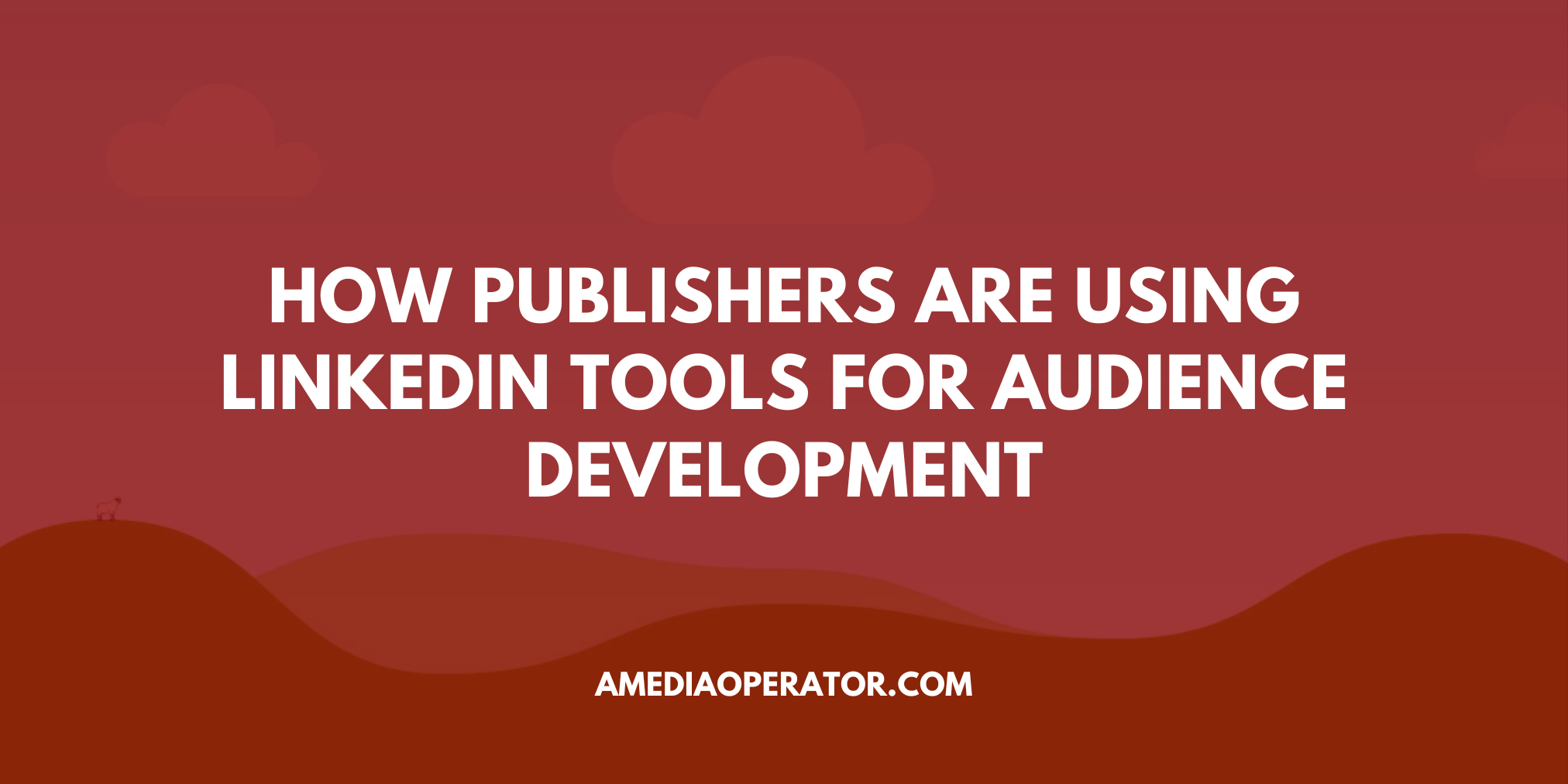- The Publisher Newsletter
- Posts
- Monday 15th April: The Wall Street Journal’s Edward Hyatt on the changing SEO landscape
Monday 15th April: The Wall Street Journal’s Edward Hyatt on the changing SEO landscape

Good morning! Today’s newsletter is brought to you by Chris.
Grab a pint, and join this fine group of magazine people on May Day as we ask them how they’ve survived and thrived in this messed-up modern media landscape.
On this week's episode Edward Hyatt, Director of Newsroom SEO at The Wall Street Journal takes us through staying abreast and ahead of changes to the SEO landscape. From personal experience he outlines the differences in SEO strategies between subscription and non-subscription publishers, the impact of AI on SEO, and why it’s more difficult to build relationships with readers from Google Discover.
Of the potential impact of AI on SEO, he says: “There was definitely talk when Bing added the chat AI function to its search results…. but one of the recent reports into Google's dominance of search shows that Bing hasn't really made a huge dent. So Google still really is the, the one to pay attention to and I would argue, if you're optimising for Google, if you're really thinking about making helpful people first content, then that should also work for other search engines.”
In the news roundup the team discusses the news that Forbes has been using a made for advertising (MFA) subdomain to game the digital advertising ecosystem. Since 2017, Forbes was using tactics that have long been condemned by anyone who cares about quality media - and we discuss the likelihood that they aren’t the only ones indulging...
For A Media Operator, I asked a number of publications from the US and UK how they’re using LinkedIn’s tools for audience development and engagement. Perhaps unsurprisingly, the vast majority of their focus is on using its newsletter tools to bring a new audience into their own ecosystem — but what was great to hear was how many are doing so without overcommitting to a platform they don’t own.
Join the Media Voices community!
Have you considered shifting strategy because of AI? Take our poll and join the discussion.
People have been fooling the media into covering fake stories for as long as the media has existed. In the 70s my dad pretended to be a business planning to import camels to the beach in Southport, for example, and the local newspapers lapped it up. But in this era of low trust and absolute pablum, can the media really afford to be made to look this foolish?
This is from last week, but the more I think about it the sounder the arguments become. Jeff Jarvis argues that the California Journalism Preservation Act would, in fact, do the complete opposite. The most compelling argument in there for me is that the CJPA (and similar schemes) would only benefit the biggest players in the market — which many people who should know better seem keen to ignore.





